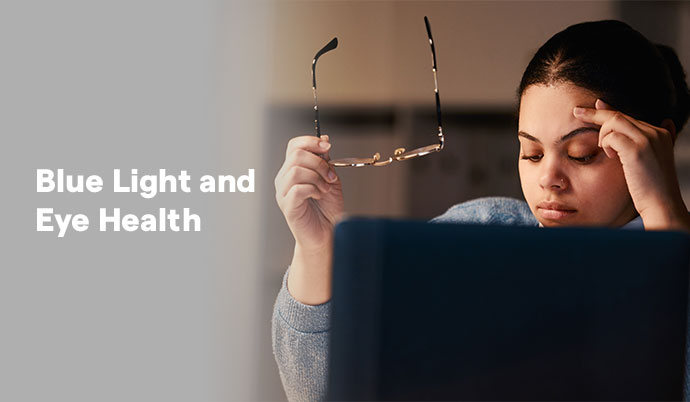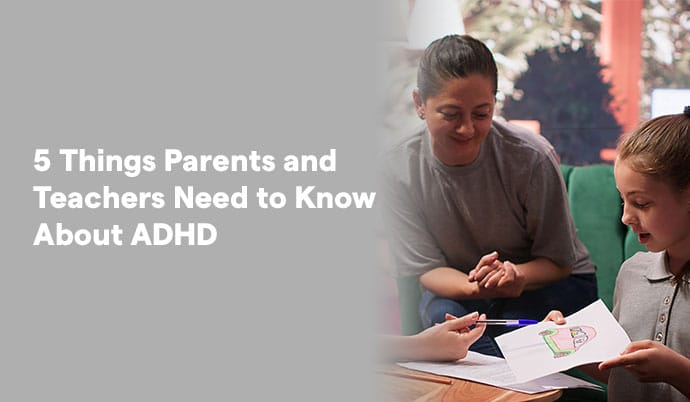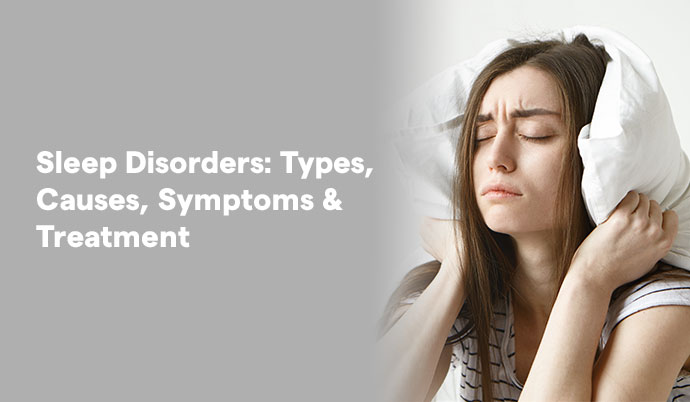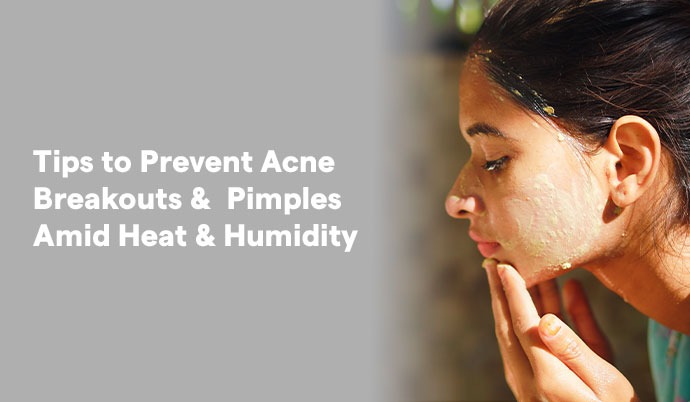
Welcome to the blue light dilemma, where contemporary life affects ancient biology, and your eyes get in between the crossfire mix.
It is the era of the always-on lifestyle, where more than 7.5 hours a day on average were spent in front of the screen by adults around the globe, as a survey conducted by Statista in 2024 revealed, although India has led in the league, logging 6.8 hours a day. Blue light, which, as TMZ used to say, was a huge slice of the pie, is now the MVP of our digital gadgets, beaming off smartphones, laptops, tablets, LED TVs, and even your round-the-clock kitchen lights. The question of concern, though, is: Is blue light really wrecking your eye health, or is it another misconstrued technological villain?
Blue light falls in the visible light range; it refers to the type of light that can be seen by the eyes. It is of low wavelength (approximately 400-495 nanometers) and hence, it yields energy. It is not bad that blue light exists. As a matter of fact, natural blue light is emitted by the sun and enables us to take care of our body’s internal clock, enhancing alertness and productivity. It is the reason why you feel so fresh having a stroll in the sun in the morning. However, that presents an issue when there is overexposure to the artificial blue light at night.
As per the American Optometric Association, as many as 65% of individuals already have the eye strain symptoms related to digital eye strain, and blue light is an auxiliary actor in this weary-eyed play.
Although there are other factors, such as poor lighting, posture, and blink rate, that cause glare and visual discomfort, which makes our eyes vision strain when focusing, the blue light definitely adds to the said problems.
This is the era of Screen Fatigue; long hours in front of the screen might result in a disease also known as the Computer Vision Syndrome (CVS) or Digital Eye Strain (DES). The eye strain symptoms include:
Your brain adores blue light during the morning, but at night-time? Not that much.
Blue light makes your body tell you that your body thinks it is time to go to sleep by making the body produce less of the melatonin hormone. In a study conducted at the Harvard Medical School, the researchers discovered that the production of melatonin was delayed twice as long by exposure to blue light at night compared to exposure to green light and the circadian rhythm was shifted by up to 3 hours. Therefore, if you are disrupting your sleep until 2 a.m. following some Netflixing in bed, your screen may be sabotaging your bedtime.
That is where the science gets juicy and a little controversial, too. Many people are afraid of blue light, as they think it damages the retina and may cause macular degeneration (a severe age-related eye health disorder). But we haven't yet got any robust clinical evidence on how much blue light produced by digital screens can damage the retina.
Rather, it was demonstrated in the laboratory that excessive blue light that provides intensities that are well beyond those experienced in normal conditions can destroy retinal cells. This has been verified in the laboratory, under very unrealistic conditions.
Both the American Academy of Ophthalmology (AAO) and the Royal College of Ophthalmologists in the United Kingdom insist that blue light exposure does not hurt the eyes in the long term. So just relax because your smartphone is not burning out your retinas, but rather it is tiring them out.
Glasses are the new style of the decade! Whether it is Insta faces or tech bros, blue light glasses are everywhere. Are they, however, worth it? The science tells perhaps, but it is not a miracle. Blue light glasses, filters are reported by some people to reduce digital eye strain. One research study, such as the one conducted by Cochrane in 2021, discovered far too little evidence of their efficacy in better sleep or eye strain reduction. What is the best strategy? Instead, establish good screen habits. And here is your Eye-Saving Toolkit, certifiably fresh and doctor-approved from the best ophthalmology hospital in Delhi:
1. The 20-20-20 Rule
At least every 20 minutes, take a time to look away at an object 20 feet away in 20 seconds. It provides your eye vision muscles with a little rest.
2. Change Your Screen Settings
Activate the night mode or blue light filters after sunset. In the dark settings, dim the screen brightness and contrast.
3. Increase the Blink Rate
We do not blink 66% as much when we are on the screens. Blink more consciously to avoid having dry eyes and protect your eye health.
4. Position of the Screens Matters
Make sure the screens are kept at eye level or a height that is slightly lower than direct eye line and 20 to 24 inches away in front of the face.
5. Minimise Night-Impact Exposure
See how the day goes by, turning off all the screens 1-2 hours before bedtime. Your levels of melatonin will be grateful.
New evidence suggests blue night light does more than disrupt sleep; it also affects mental health. A Chronobiology International study published in April 2020 referred to blue light at night as a risk factor related to depression and anxiety among adults. Blue light exposure leads to poor sleep quality, which causes mood disorders. And so even though trolling the Instagram feed may seem like a luxury self-care practice, it does occasionally make intuitive sense to log out, and to log out hard.
Blue light is not evil; it is simply over- and under, like most influencers. Its functions are natural as part of our life cycle, our energy levels and our mood. The problem is when we carry this sun inside our homes and watch it at any time a day. Rather than being afraid of the light, we should pay attention to awareness, moderation, and improved digital hygiene. Your eye health does not only need a tech detox, but rather some kindness, a little pause and less midnight drama. That is why the next time you feel tempted to doom-scroll at 1 a.m., all you should do is remember one thing: The ideal filter to your screen is probably your eyelids. For proper diagnostic care of your eye vision, book an appointment at Sir Ganga Ram Hospital today.




